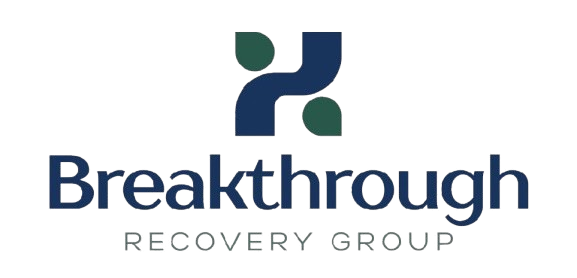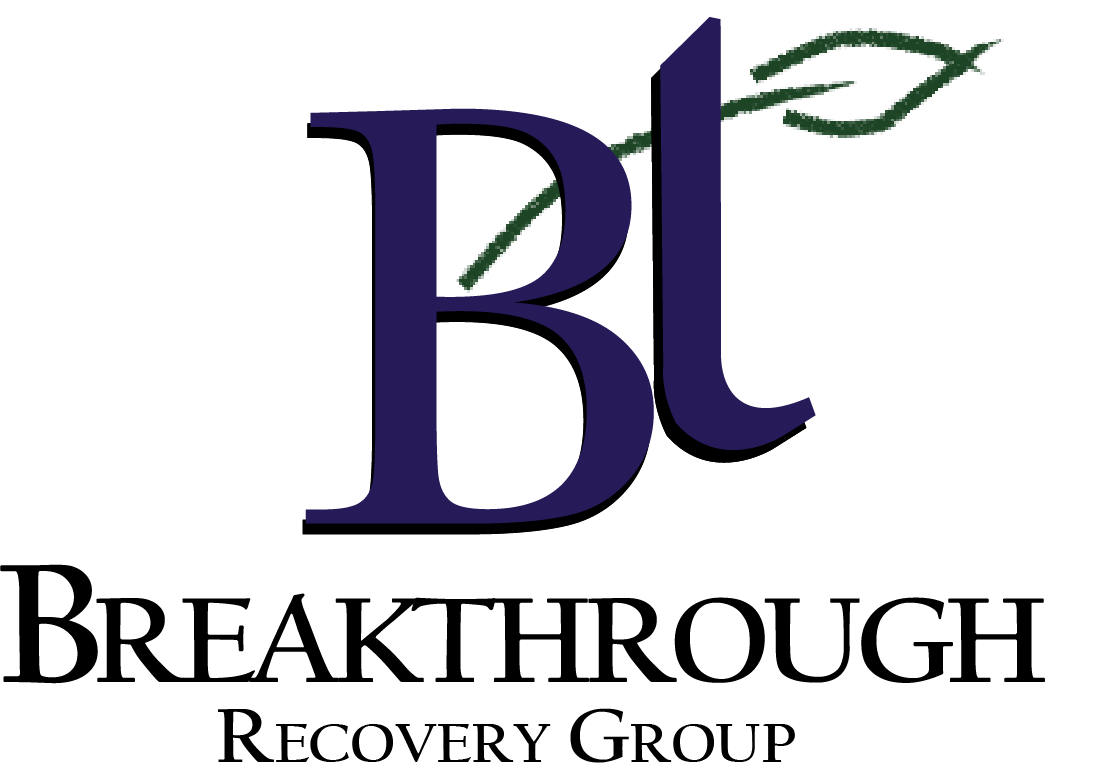Watching someone you love struggle with addiction can be one of life’s most challenging and emotionally draining experiences. The journey to recovery is rarely straightforward, and as a family member or close friend, you may experience feelings of helplessness, frustration, or uncertainty about how best to provide meaningful support. If your loved one is seeking drug treatment in Spokane Washington, understanding your role in their recovery process can make a profound difference in both their success and your own peace of mind.
Recovery is not a solo journey. While your loved one must take the crucial first steps toward healing, the encouragement, patience, and support of family and friends create a foundation that can help sustain them through the most difficult moments. From celebrating milestones to offering a listening ear during setbacks, your involvement can foster hope, resilience, and motivation in ways that therapy and medical treatment alone cannot.
At Breakthrough Recovery, we have witnessed countless families navigate this complex path together. We understand that addiction affects not just the individual struggling with substance use, but everyone who cares about them. That’s why our programs include family therapy sessions, education, and support services designed to strengthen relationships, improve communication, and equip loved ones with the tools they need to contribute positively to the recovery journey. By involving family and friends in the process, Breakthrough Recovery helps ensure that recovery extends beyond the treatment center, creating a supportive environment that nurtures long-term healing for everyone affected by addiction.
Understanding the Recovery Landscape in Spokane
Spokane offers numerous resources for individuals seeking help with substance use disorders. When your loved one begins drug treatment in Spokane Washington, they’re entering a community with dedicated professionals, comprehensive treatment programs, and peer support networks designed to foster lasting recovery. However, the abundance of options can sometimes feel overwhelming for both patients and their families.
The key is recognizing that recovery is a process that extends far beyond the initial treatment period. Whether your loved one is participating in a Partial Hospitalization Program, an Intensive Outpatient Program, or traditional Outpatient services, your understanding and support will play a vital role in their journey.
Educating Yourself About Addiction and Treatment
One of the most powerful ways to support someone in drug treatment in Spokane Washington is to educate yourself about addiction as a disease. Addiction fundamentally changes brain chemistry, affecting decision-making, impulse control, and the ability to experience pleasure from everyday activities. Understanding this helps shift perspective from viewing addiction as a moral failing to recognize it as a medical condition requiring professional treatment.
Learn about the specific substance your loved one has been using and its effects on the body and mind. Research the treatment approaches being utilized in their care, such as Dialectical Behavioral Therapy (DBT), Cognitive Behavioral Therapy (CBT), or Motivational Interviewing. This knowledge will help you better understand their experiences and provide more informed support.
Additionally, familiarize yourself with the signs of recovery progress and potential relapse warning signs. Recovery involves developing new coping mechanisms, rebuilding damaged relationships, and creating sustainable lifestyle changes. By understanding these processes, you can celebrate meaningful milestones and recognize when additional support might be needed.
Creating a Supportive Home Environment
The environment your loved one returns to after treatment sessions plays a crucial role in their recovery success. When someone is receiving drug treatment in Spokane Washington, their home should serve as a sanctuary that reinforces their commitment to sobriety rather than triggering old patterns of use.
Start by removing any substances, paraphernalia, or triggers from shared living spaces. This includes not only illegal drugs but also alcohol if your loved one struggles with multiple substances. Consider the visual cues, social situations, and emotional stressors that might be present in your home environment.
Establish consistent routines and healthy boundaries. Recovery thrives on structure and predictability. Work together to create daily schedules that include time for treatment activities, self-care, exercise, and meaningful connection. Respect their need for quiet time to process therapy sessions or practice skills learned in programs like EMDR (Eye Movement Desensitization and Reprocessing) or relapse prevention training.
Communication patterns within the family may need adjustment as well. Focus on developing honest, non-judgmental dialogue. Avoid bringing up past mistakes or using guilt as a motivational tool. Instead, concentrate on present-moment support and future goals.

Participating in Family Support Programs
Many facilities offering drug treatment in Spokane Washington recognize that addiction is a family disease requiring family healing. Family Support programs provide education, counseling, and peer connections specifically designed for loved ones of individuals in recovery.
These programs offer invaluable insights into healthy relationship dynamics, communication strategies, and boundary setting. You’ll learn how to support without enabling, how to take care of your own emotional needs, and how to navigate the complex feelings that arise during the recovery process.
Family therapy sessions can address longstanding relationship patterns that may have contributed to or resulted from addiction. These sessions provide a safe space to express feelings, work through resentments, and develop new ways of relating to each other. The skills learned in family support extend far beyond the addiction context and often strengthen relationships in profound ways.
Understanding Different Levels of Care
Drug treatment in Spokane Washington encompasses various levels of care designed to meet individuals where they are in their recovery journey. Understanding these different levels helps you provide appropriate support based on your loved one’s current needs.
Partial Hospitalization Programs offer intensive daily treatment while allowing individuals to return home in the evenings. During this phase, your loved one may need significant emotional support as they process intense therapeutic work. They might be exhausted after long treatment days or experiencing emotional breakthroughs that require gentle understanding.
Intensive Outpatient Programs typically involve several hours of treatment multiple times per week. Your role during this phase might include providing transportation to appointments, helping manage schedules around work or other responsibilities, and offering encouragement when motivation wavers.
Traditional Outpatient Programs represent a step toward greater independence while maintaining professional support. This phase often focuses on applying recovery skills to real-world situations, making your supportive presence particularly valuable as they navigate daily challenges.
Supporting Specific Therapeutic Approaches
Different therapeutic modalities used in drug treatment in Spokane Washington may require different types of family support. Understanding these approaches helps you reinforce therapeutic gains at home.
Dialectical Behavioral Therapy (DBT) teaches distress tolerance, emotion regulation, interpersonal effectiveness, and mindfulness skills. You can support these goals by practicing patience during emotional moments, encouraging the use of healthy coping strategies, and respecting your loved one’s efforts to communicate their needs more effectively.
Cognitive Behavioral Therapy (CBT) focuses on identifying and changing negative thought patterns and behaviors. Support these efforts by avoiding criticism of their past thinking patterns and encouraging their new perspective-taking skills. Celebrate small cognitive shifts and behavioral changes you observe.
Motivational Interviewing emphasizes internal motivation for change rather than external pressure. This means your support should focus on listening, asking open-ended questions, and reflecting their own stated goals and values rather than imposing your expectations or timeline for their recovery.
When your loved one is participating in EMDR therapy to process trauma, they may experience temporary increases in emotional intensity or memory processing. Provide extra patience and comfort during these periods, understanding that healing trauma is often necessary for sustainable recovery.
Recognizing Your Own Needs
Supporting someone through drug treatment in Spokane Washington can be emotionally and physically exhausting. Recognizing and addressing your own needs isn’t selfish—it’s essential for providing sustainable support and maintaining your own well-being.
Consider seeking your own counseling or joining support groups for families affected by addiction. These resources provide outlets for processing your own feelings of fear, anger, disappointment, and hope. They also offer practical strategies from others who have walked similar paths.
Maintain your own interests, relationships, and self-care practices. It’s easy to become so focused on your loved one’s recovery that you neglect your own health and happiness. Remember that modeling healthy behavior and maintaining your own stability actually supports their recovery efforts.
Set realistic expectations for yourself and the recovery process. Recovery rarely follows a straight line, and setbacks don’t mean failure. Learning to distinguish between temporary challenges and serious concerns helps you respond appropriately without overreacting to normal recovery fluctuations.
Navigating Challenging Moments
Even with professional drug treatment in Spokane Washington, your loved one will likely face difficult moments in their recovery journey. Your response during these times can significantly impact their motivation to continue working toward sobriety.
When they express frustration with the treatment process, listen without immediately trying to fix or minimize their feelings. Sometimes they need to process difficult emotions rather than receive advice. Validate their struggle while gently reminding them of their reasons for seeking treatment and the progress they’ve already made.
If they seem to be losing motivation, avoid lectures about the consequences of relapse. Instead, help them reconnect with their personal values and goals. Ask open-ended questions about what recovery means to them and what they hope to gain from continuing their treatment program.
Should relapse occur, remember that it doesn’t negate previous progress or mean that treatment has failed. Many individuals require multiple attempts before achieving lasting sobriety. Focus on encouraging them to re-engage with treatment rather than expressing disappointment or anger.
Building Long-Term Recovery Support
Sustainable recovery extends far beyond the formal drug treatment in Spokane Washington period. Building long-term support systems and lifestyle changes creates the foundation for lasting sobriety.
Encourage participation in peer support groups, sober recreational activities, and continued relationship building with others in recovery. These connections provide ongoing motivation and practical support for navigating life challenges without substances.
Support their exploration of new interests, hobbies, and career goals. Recovery often involves rediscovering identity beyond addiction and developing a sense of purpose and fulfillment in sober life. Your encouragement of these new pursuits demonstrates your belief in their potential for growth and change.
Help them develop and maintain healthy lifestyle habits including regular exercise, nutritious eating, adequate sleep, and stress management practices. Many treatment programs include Nutritional Coaching to address the physical aspects of recovery, and your support of these recommendations at home reinforces their importance.
Maintaining Hope and Perspective
Supporting someone through drug treatment in Spokane Washington requires maintaining hope even during difficult moments. Recovery is possible, and your consistent support plays a crucial role in that possibility becoming reality.
Celebrate small victories and acknowledge progress even when it seems slow. Recovery involves countless small decisions and changes that may not be immediately visible to outside observers. Your recognition of these efforts encourages continued growth and demonstrates your investment in their success.
Remember that your loved one’s recovery journey is ultimately their own. Your role is to provide support, encouragement, and unconditional love while allowing them the dignity of making their own choices and learning from their own experiences.
Recovery transforms not only individuals but entire families. The skills, insights, and relationships developed through this process often create stronger, more authentic connections than existed before addiction entered your lives. While the journey may be challenging, it also offers opportunities for growth, healing, and deeper understanding that can benefit everyone involved.
Conclusion
Supporting a loved one through drug treatment in Spokane Washington is both a privilege and a responsibility that requires patience, education, and commitment to your own well-being. By understanding addiction as a disease, creating supportive environments, participating in family programs, and maintaining realistic expectations, you can provide invaluable assistance in their recovery journey.
Remember that recovery is a lifelong process that extends far beyond initial treatment. Your ongoing support, combined with professional care and community resources available in Spokane, creates the comprehensive network necessary for lasting sobriety. Through education, compassion, and consistent presence, you can play a vital role in helping your loved one build a fulfilling, substance-free life.
At Breakthrough Recovery, we understand that healing happens in relationship with others. Whether your loved one is beginning their journey with drug treatment in Spokane Washington or working to maintain long-term sobriety, your support makes a meaningful difference in their success. Together, recovery is not only possible—it’s probable. For more information, visit our website https://btrgspokane.com/ or call us at (509) 652-3081.





